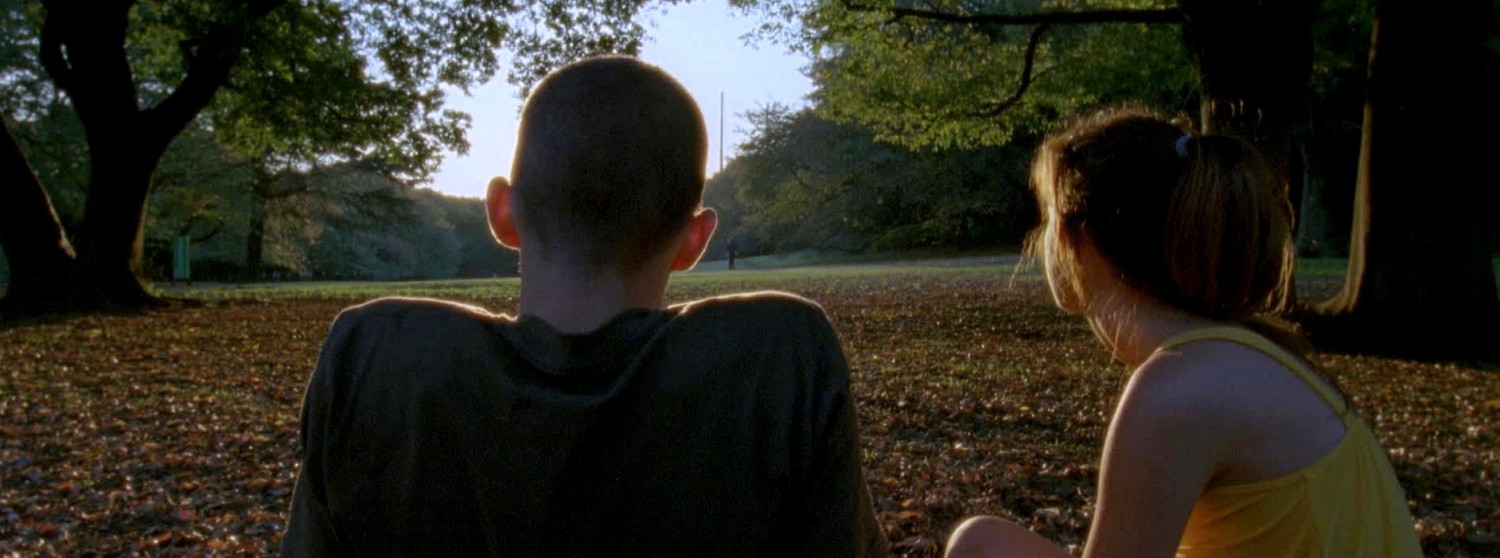There’s no one in modern cinema quite like Greta Gerwig. Not only is she one of our great screen beauties, she’s also one of the most uninhibited comedians since Lucille Ball. Like her friend and former roommate, Lena Dunham, Gerwig has absolutely no qualms with delving into the unflattering waters of klutzy, wince-inducing neurosis. And yet, her effervescent charm somehow manages to make her characters’ messiest quirks look positively radiant. Watching her career blossom over the last few years has been one of the great thrills of my moviegoing career.
When I interviewed Gerwig last year, she gushed about a top-secret project that she had co-written with a friend. That friend turned out to be her director, and current boyfriend, Noah Baumbach, whose love for Gerwig is apparent in every frame of their latest collaboration, “Frances Ha,” which is currently lighting up screens in theaters around America. In this latest edition of Indie Essentials, I highlight six of Gerwig’s most indispensable performances, leading up to what may be her greatest showcase to date.
Hannah Takes the Stairs (2007)
It was clear the moment Gerwig materialized onscreen in Joe Swanberg’s acclaimed indie romance that a star was being born before our eyes. As a college grad-turned-intern grappling with her identity in the uncertain first months of her adult life, Gerwig is captivating to behold, never moreso than when viewed in close-up. Her monologue delivered to her latest budding crush, Matt (Kent Osborne), in which she relates to Dorothy’s timeless worry that “there’s nothing in that black bag for me,” is a tour de force of improvisational insight.
Nights and Weekends (2008)
Gerwig was credited as both a co-writer and co-director in her second major collaboration with Swanberg. They play a young couple straining to maintain their once effortless connection. Mattie (Gerwig) lives in New York while James (Swanberg) resides in Chicago, a chasm of miles that reduces their long-distance romance to a series of extended visits. The film’s second half was shot a year after the first half, thus lending authenticity to the passage of time in their characters’ relationship Gerwig and Swanberg simply decided that there was more story to tell, and boy were they right. The brutal honesty of this bittersweet drama is so potent, it stings.
Greenberg (2010)
From the unforgettable opening credits shot of Gerwig’s face in profile driving down the road as “Jet Airliner” by Steve Miller Band blares on her car radio, it’s undeniable that the lens of filmmaker Noah Baumbach is infatuated with its leading lady. As the picture progresses, Baumbach’s infatuation turns out to be utterly infectious. Acting opposite Ben Stiller’s misanthropic antihero, Gerwig channels the sublime awkwardness of “Annie Hall”-era Diane Keaton as his unlikely love interest. Just watch their failed attempt at making love, prompting Gerwig’s mind to wander (“Is that a train?” she wonders aloud).
The Dish & the Spoon (2011)
Any critic who complains that Gerwig hasn’t demonstrated much range clearly hasn’t seen her startling turn in Alison Bagnall’s lovely micro-budget gem. The actress has never appeared more unhinged or enraged than she does here, nailing the role of a wronged woman driven mad by her husband’s affair. Her encounters with a smitten teen (adorably played by Olly Alexander of “Enter the Void”) bring her a renewed sense of warmth, but it’s entirely to the credit of the script—co-authored by Bagnall, Andrew Lewis and the two leads—that this relationship refuses to follow a generic route.
Damsels in Distress (2012)
I’m sad to say that the long-awaited fourth feature from iconic satirist Whit Stillman gradually loses steam after its first half-hour. But, oh, what an uproarious half-hour it is, fueled by the deadpan brilliance of Gerwig as Violet, the aspiring life force at her East Coast college. The funniest moments occur when Violet’s condescension can’t help bleeding through her humble, well-intentioned façade. When an embittered student (played by saucer-eyed Aubrey Plaza) barks, “You think I’m going to kill myself and make you look bad,” Violet tenderly responds, “I’m worried that you’ll kill yourself and make yourself look bad.”
Frances Ha (2013)
There’s a sequence about midway into this magical picture that illustrates its poignantly autobiographical nature. 27-year-old Frances (Gerwig) leaves her “home” (comprised of many different addresses) in New York to be with her parents in Sacramento for the holidays. Not only does Sacramento happen to be Gerwig’s actual birthplace, but Frances’s parents are indeed played by Gerwig’s real-life mother and father. The montage of Frances’s visit beautifully captures the wistful feeling one gets upon reconnecting with their origins, which is akin to strolling through old photographs.
Though many easy comparisons have been made to Lena Dunham’s “Girls,” Baumbach’s film is entirely distinctive in its witty and observant portrayal of female friendship and the exquisite hell of twentysomething life. Shot in gleaming black-and-white by Sam Levy (“Wendy and Lucy”), this rather euphoric crowd-pleaser has the look and feel of an instant classic. It also is the most thorough and rewarding cinematic showcase for Gerwig’s talents, even utilizing her background in dance for a marvelous scene where Frances frolics down the streets of New York to the rhythm of David Bowie’s “Modern Love.” If you are not yet a fan of Bowie—or Gerwig, for that matter—you will be after this film.


I think the admin of this website is truly working hard in support of his website, since here every information is quality based data.